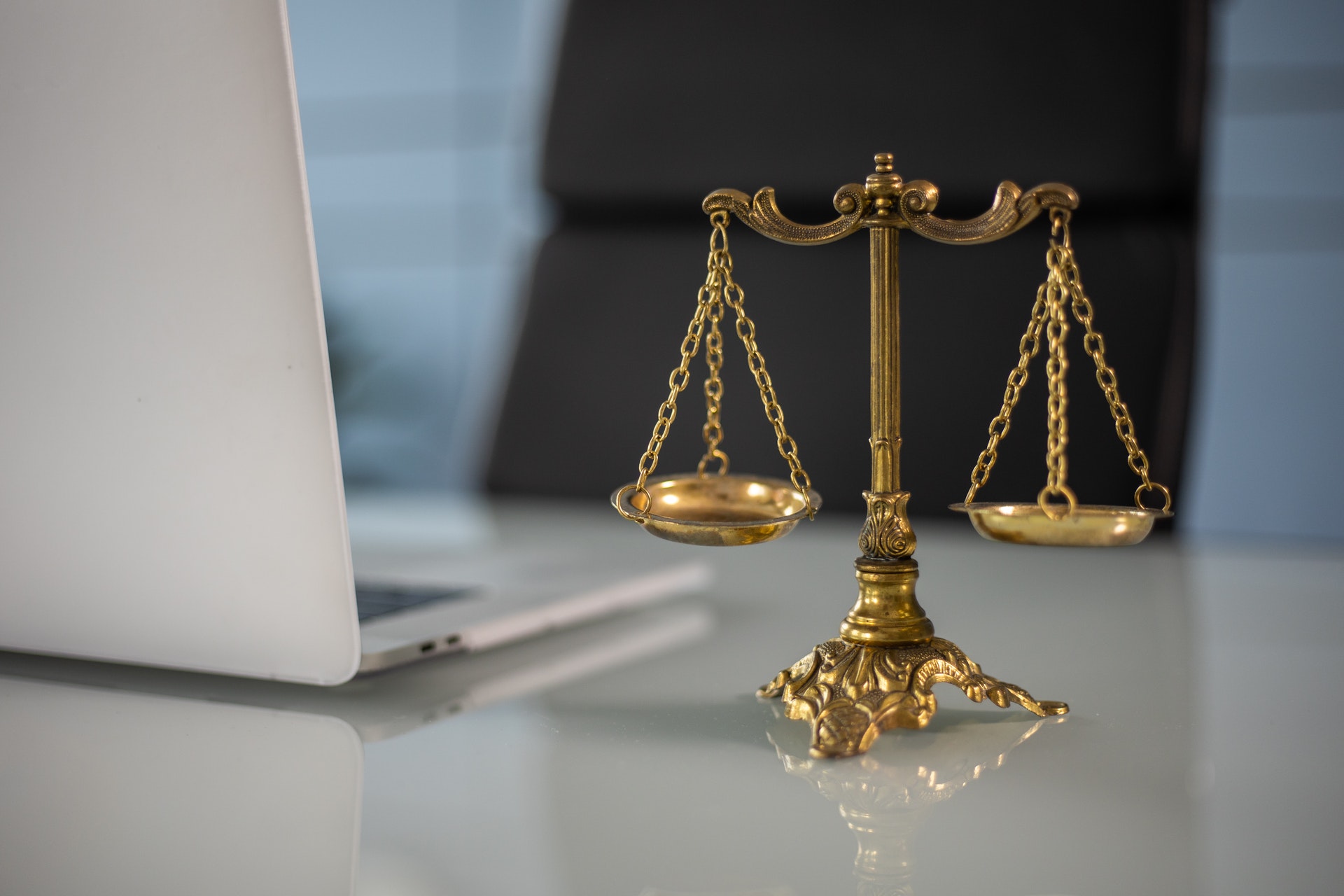
What Privacy issues do security companies need to worry about?What Privacy issues do security companies need to worry about?
In the UK, security companies operate within a landscape that increasingly values both safety and privacy.

As these firms employ advanced technologies and strategies to protect people, properties, and assets, they concurrently navigate a minefield of privacy concerns.
Understanding and addressing these concerns is not just a matter of legal compliance but also of maintaining public trust and ethical integrity. Here’s an exploration of the primary privacy concerns security companies need to worry about.
Surveillance and Data Collection
The use of CCTV cameras and surveillance systems is a staple in security operations. While these tools are invaluable for monitoring and deterring criminal activities, they also raise significant privacy issues, particularly regarding the collection and storage of personal data. In the UK, the operation of CCTV is subject to the Data Protection Act 2018 and the General Data Protection Regulation (GDPR), requiring companies to justify the use of surveillance and to handle the data collected with utmost care and confidentiality.
Facial Recognition Technology
Facial recognition technology represents a significant advancement in security capabilities but also introduces profound privacy implications. The potential for mass surveillance and the creation of biometric databases poses risks to individual privacy rights. Security companies must ensure they use facial recognition ethically and in compliance with UK privacy laws, including obtaining explicit consent where necessary and ensuring transparency in their operations.
Data Security and Breach Risks
The storage of surveillance footage and other sensitive data collected through security operations makes companies a target for cyber attacks. A data breach could lead to the unauthorised disclosure of personal information, putting individuals at risk and potentially violating privacy regulations. Local Security Alarm Companies must implement robust cybersecurity measures to protect this data and have plans in place for responding to and mitigating the impact of any breaches.
Employee Monitoring
Security companies often engage in monitoring their own employees to ensure compliance with policies and to safeguard against internal threats. However, this practice must be balanced with the employees’ right to privacy. Companies are required to be transparent about monitoring practices, use the least intrusive methods possible, and limit access to monitored data to authorised personnel only.
Client Confidentiality
In providing security services, companies may have access to sensitive client information or observe activities within client properties. Maintaining client confidentiality is paramount, requiring strict controls over who within the company has access to such information and how it is used or disclosed.
Compliance with Privacy Legislation
The UK’s privacy landscape is governed by comprehensive legislation, including the GDPR and the Human Rights Act 1998, which incorporates the right to respect for private and family life. Security companies must navigate these laws carefully, ensuring all their operations are compliant and that they are not infringing on individual rights without just cause.
Public Perception and Trust
Beyond legal compliance, public perception of security companies’ respect for privacy significantly impacts their reputation and trustworthiness. Transparency about privacy practices, engaging with the public on privacy matters, and demonstrating a commitment to ethical standards can help mitigate concerns and build public trust.
